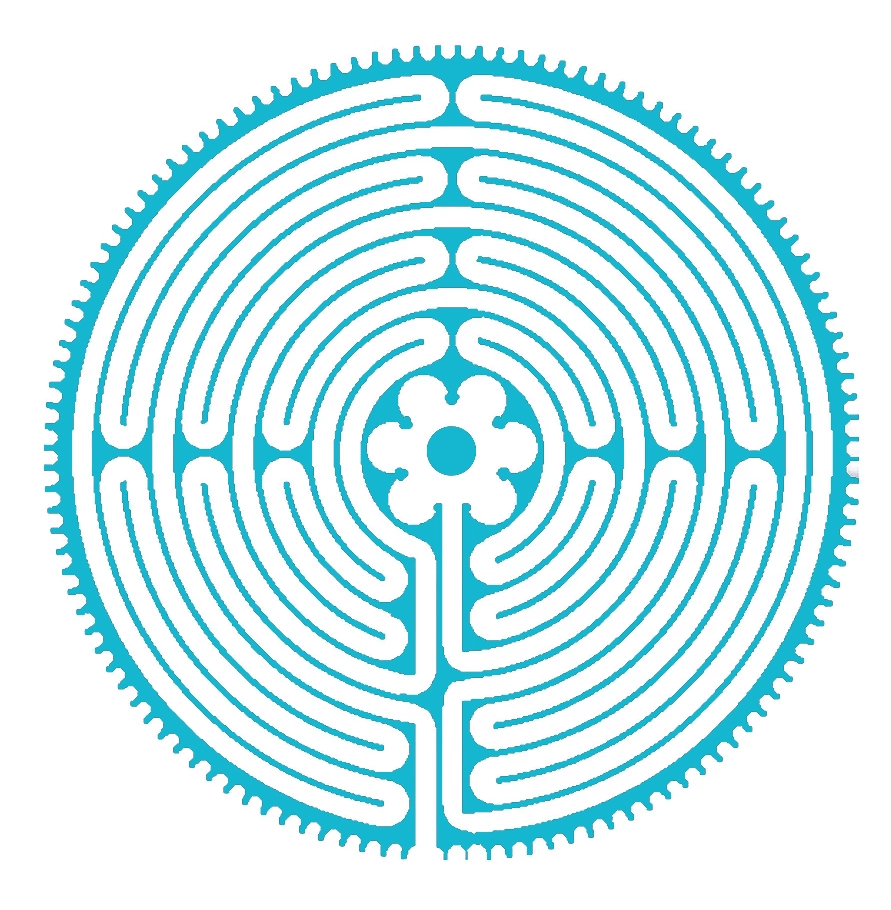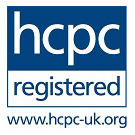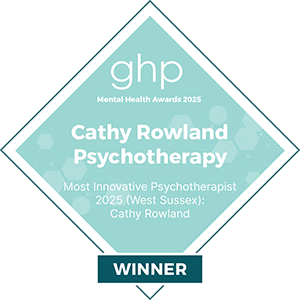What Is EMDR and How Does It Work?
Sometimes in talking therapy, it can feel as if something upsetting from the past just won't shift. This is where EMDR (Eye-Movement Desensitisation and Reprocessing) can really help. Created by Francine Shapiro, EMDR is increasingly well-known as a highly effective treatment for trauma. Due to its extensive research base. it is now recommended by NICE (National Institute for Clinical Excellence) for the treatment of PTSD (Post Traumatic Stress Disorder) and is increasingly being used for other issues (such as anxiety, depression, addictions and chronic pain), all of which may have their root in the past upsetting memories.
So, here is a short explanation about EMDR and how it works.
When we experience a difficult event in life, or indeed many difficult events, our brain works to 'process' the difficult feelings so that we can resolve the situation in our mind. We have all had difficult experiences at some time that have eventually felt ok; for example a bereavement or a particular work stress. We may feel distressed at the time but are eventually able to work things through so that we can live with what has happened. This is because over the time, our mind has processed the difficult experience until we feel ok again.
Sometimes these difficulties are so hard or traumatic that our brain has trouble processing - it's as if our whole system has been overloaded. Our memories of the event may be 'frozen' so that nothing has been processed and they feel similar every time they come into our awareness. These are unresolved or 'traumatic' memories.
EMDR is a way of unblocking our natural system of processing, so that memories are no longer 'frozen’. It uses a technique called 'bi-lateral stimulation.' aimed at re-starting the processing by stimulating alternately each side of the brain (left-right). In sessions this is done either with eye movements or with some other 'bi-lateral stimulation, eg tapping of hands or listening to sounds. According to Francine Shapiro this works because the ‘bi-lateral stimulation’ unlocks a natural dynamic communication between the brain’s left and right hemispheres – an ‘Adaptive Information Processing.’ As a result, traumatic memories no longer feel upsetting; they now remain in the past. The present feels different, full of new possibilities for the future. Life may feel lighter, calmer, with new meaning.

EMDR can only be practised by mental health practitioners who have learnt the full 'EMDR protocol.' Exactly what this is will be explained to you when we meet. In a nutshell, it involves the following:
- History Taking. A normal part of any psychotherapy, this involves gathering information about your symptoms and identifying any memories causing distress.
- Preparation. An important stage which builds your readiness for processing, ensuring that you feel sufficiently stabilized, resourced and informed about what is to follow.
- Assessment. The specific target memory, its associated images, thoughts, feelings and body sensations are identified and assessed to establish a baseline for the processing.
- Desensitization. This is the core part of the protocol, where you focus upon the memory, while engaging in bi-lateral stimulation. The goal here is to reduce distress associated with the memory.
- Installation. Once the distress is reduced, your negative beliefs about the memory are replaced with more adaptive, positive ones.
- Body Scan. This helps identify and process any lingering body sensations associated with the target memory.
- Closure. The session is concluded with a review of the progress made, addressing any remaining concerns.
- Re-evaluation. This enables your progress to be re-assessed and the process may be repeated as needed.




